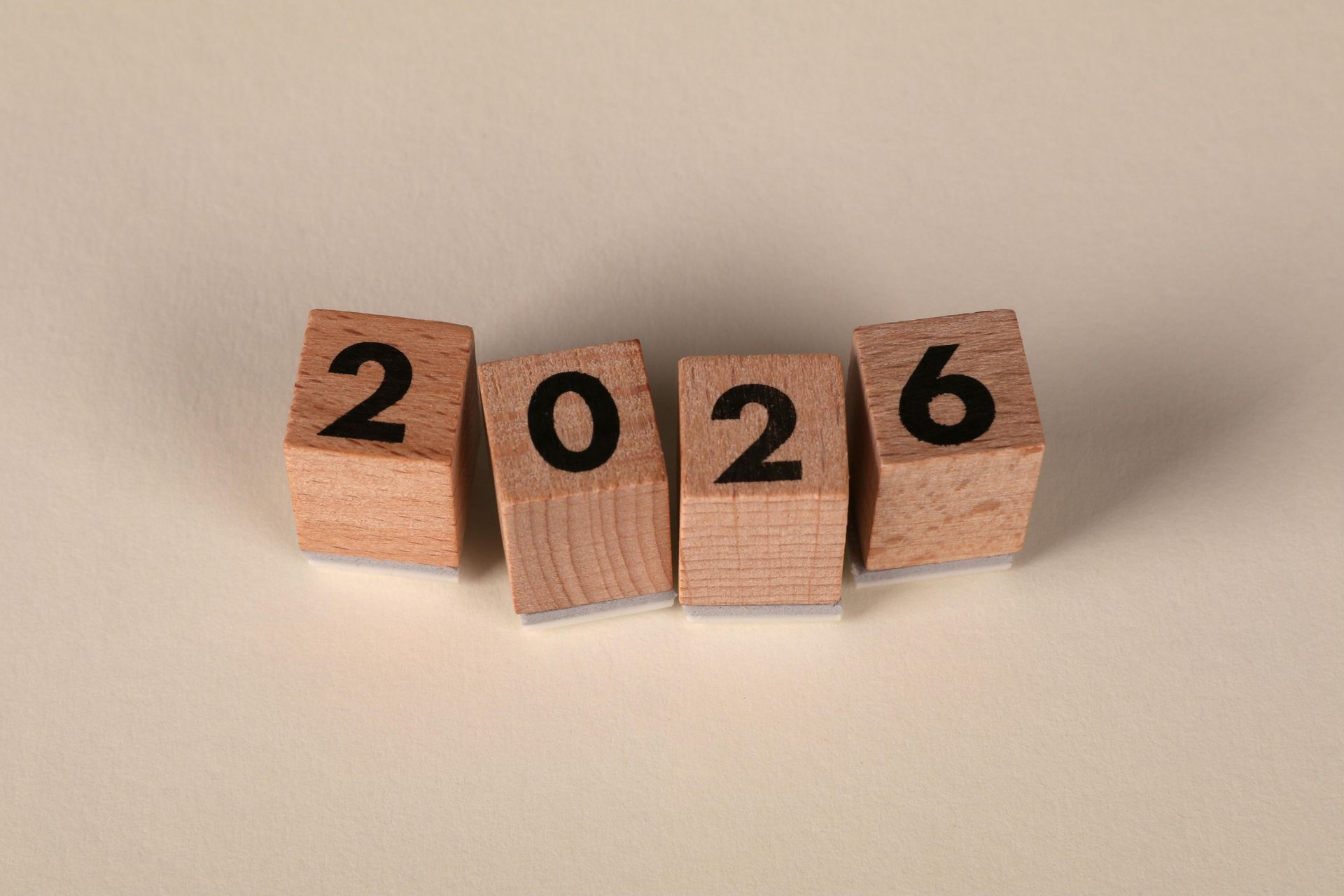In the ever-evolving realm of digital marketing, staying ahead of the curve is essential for businesses looking to thrive in the digital landscape.

As technology continues to advance and consumer behaviors shift, keeping a keen eye on emerging trends is crucial.
1. Content Personalization
Content has always been king in digital marketing, but now it's about tailoring that content to individual users. Personalization algorithms and data analytics are allowing businesses to deliver highly targeted content and recommendations based on users' preferences and behaviors. This level of personalization not only enhances the user experience but also boosts engagement and conversion rates.
2. Video Marketing Domination
Video content is taking center stage in digital marketing. The rise of platforms like TikTok, Instagram Reels, and YouTube has made video a highly effective way to engage audiences. Short-form videos, live streams, and interactive video content are all driving user engagement and brand visibility.
3. Voice Search Optimization
With the proliferation of voice-activated devices like smart speakers and voice assistants on smartphones, voice search is becoming increasingly common. Optimizing digital content for voice search is vital, as it requires a different approach to keyword targeting and conversational content.
4. Artificial Intelligence (AI) and Machine Learning
AI and machine learning are revolutionizing digital marketing. They can analyze vast amounts of data, predict consumer behavior, automate tasks like email marketing, and provide valuable insights for decision-making. Chatbots powered by AI are also becoming more sophisticated, offering real-time customer support.
5. Social Commerce
Social media platforms are evolving into full-fledged e-commerce hubs. With features like shoppable posts, integrated payment systems, and direct product tagging, consumers can shop without leaving their favorite social networks. This seamless integration of social and commerce is transforming the way businesses sell products online.
6. User Privacy and Data Protection
As concerns about user data privacy grow, regulations like GDPR and CCPA have been introduced. It's crucial for businesses to prioritize data security and transparency in their marketing practices. Building trust with consumers by respecting their privacy is essential.
7. Augmented Reality (AR) and Virtual Reality (VR)
AR and VR technologies are creating immersive marketing experiences. Brands are using AR for virtual try-ons, interactive product demos, and gamified advertising. VR is being used for virtual tours, events, and product experiences.
8. Sustainability and Social Responsibility
Consumers are increasingly conscious of a brand's social and environmental impact. Sustainable and socially responsible marketing campaigns resonate with socially conscious audiences. Brands that genuinely commit to sustainability are likely to gain a competitive edge.
9. Micro-Moments
Consumers are making quick decisions in "micro-moments" throughout their day. Marketers need to be present and provide relevant information at these crucial decision points. Mobile optimization and instant access to information are key.
10. Influencer Marketing Evolution
Influencer marketing is evolving from celebrity endorsements to more authentic, niche influencers who have a genuine connection with their audience. Micro-influencers with smaller but highly engaged followings are gaining popularity.
The digital marketing landscape is continually evolving, and staying ahead of the trends is essential for success. Embracing these trends and adapting your marketing strategies accordingly can help your business remain competitive and connect with your target audience in meaningful ways. As we move forward, one thing is clear: digital marketing will continue to be a dynamic and exciting field, driven by innovation and consumer behavior.











